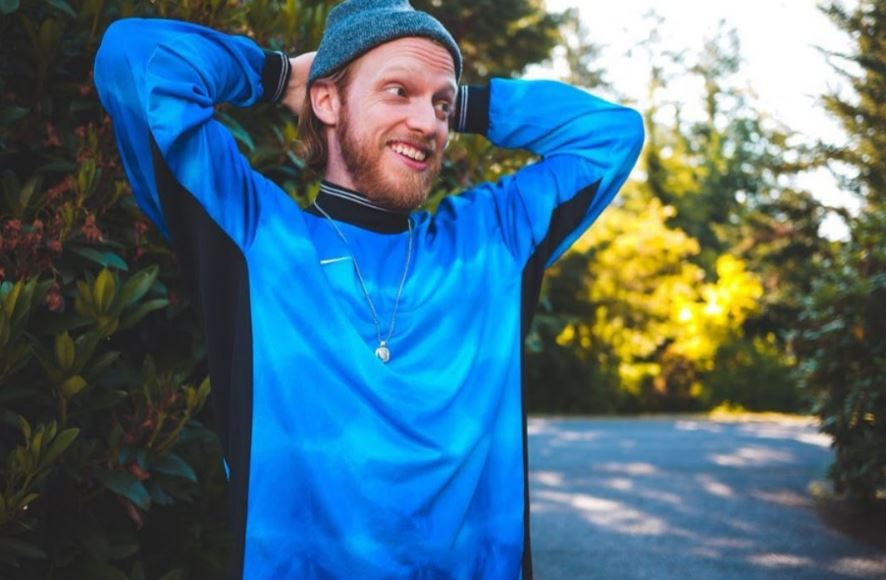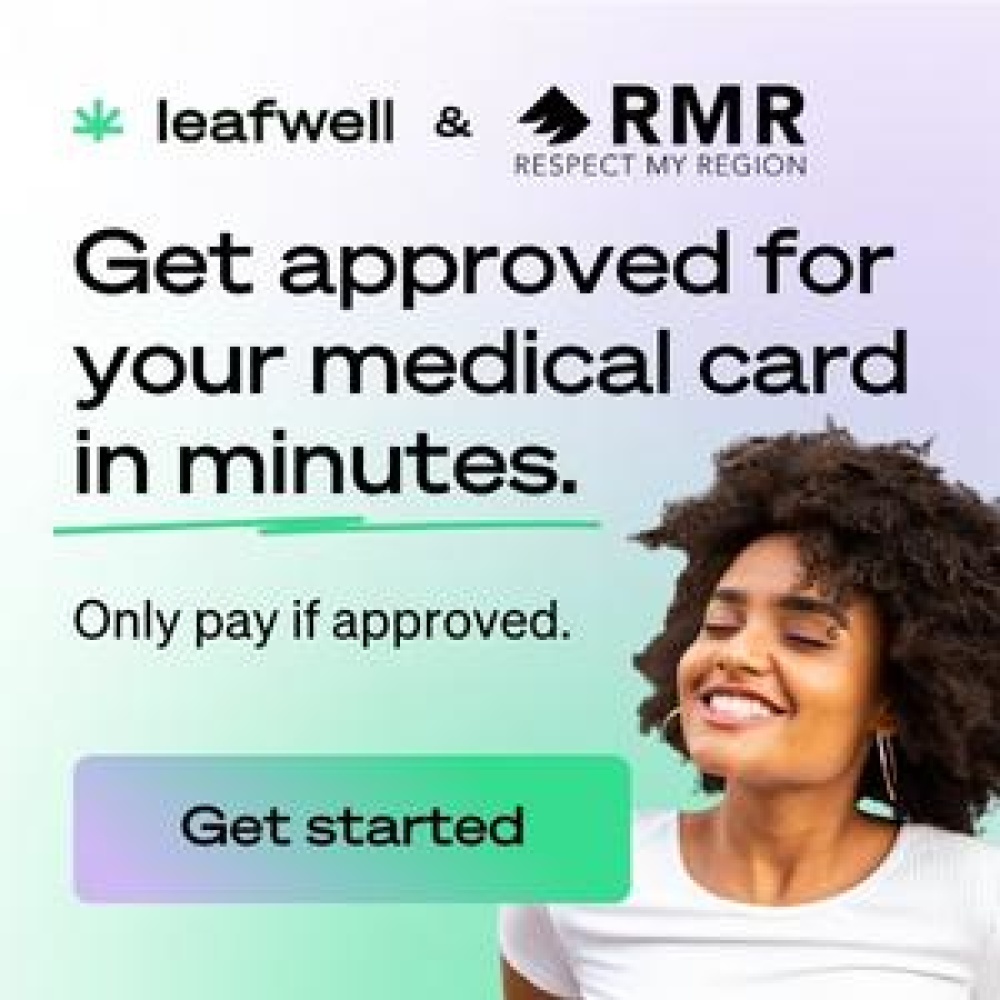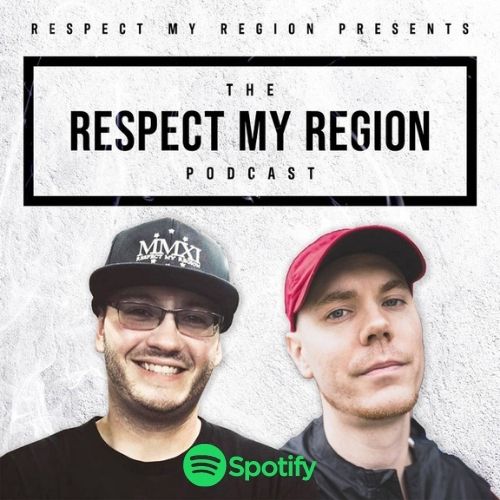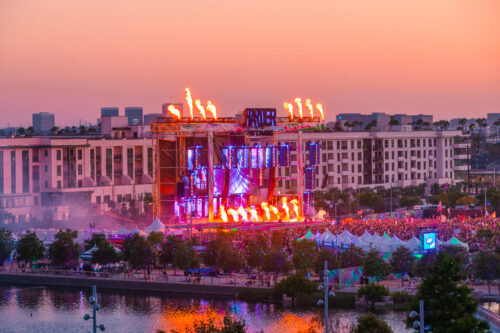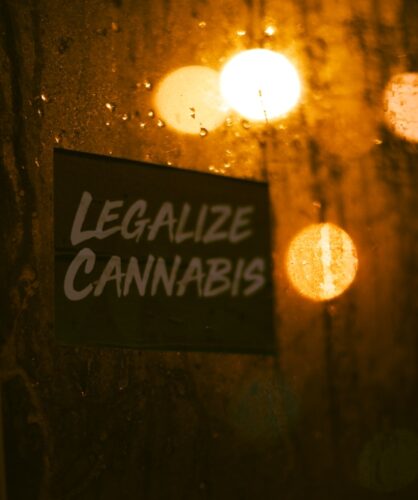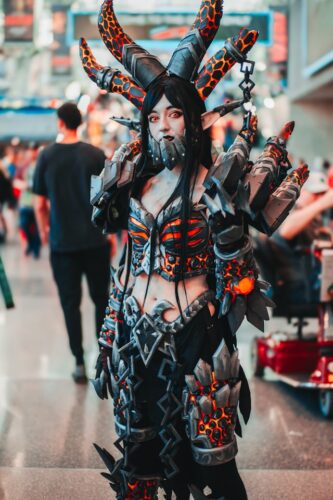Since 2014, Capitol Hill Block Party has done an Artist Panel Series designed to connect local artists with business leaders, influencers, and media. This year, one of the two panels being hosted on Saturday, July 20th at the Riveter, focuses on mental health at home and on the road.
Coincidentally, I had previously spoken with CHBP performing artist, Nick Weaver, about that very topic and thought that this would be the perfect time to share that discussion with the world. We focused on working through depression that’s been brought on by creative blocks, coping with anxiety from worrying about the reception of your work, and putting an equal amount of effort into both yourself and your art.
https://www.instagram.com/p/BzqvqPfAwyY/
Nick Weaver Discusses The Importance Of Mental Health As An Artist
Talk to me, man, the depression associated with creative blocks.
Now, I don’t have direct clinical depression, but I have had those moments where life is just so overwhelming that when I sat down at the table to write or create music there was just nothing there. While it’s not directly depression, life has knocked the creativity out of my ass.
You can still feel depressed while not having it clinically. It’s that feeling of sadness but also emptiness as well. How would you approach working through that?
Yeah, totally, I’ll say this, it’s hard sometimes once you start down that road because it’s like a snowball, right? Sometimes it’s like, okay I’m feeling down, I’m feeling like I’m not getting anywhere or whatever it may be. Then you’re like, well I don’t even have the mental energy to start.
What I found is, I start from that sad place. Instead of being like, I’m going to sit down and write this, I was like well I’m going to start with really sad piano notes. I’m going to start with like some really depressing chords or like some real downer lyrics. I don’t give a fuck, I’m just going to start with what I feel and build from there.
Starting from there, it was actually Kwabe, Macntaj, who kind of suggested that. At the beginning of the year, I was like, “Dude I’m kind of burnt. I don’t know I just feel like I’m sort of worn down from everything.” He said, “Well, fuck man write from there. Write from whatever you feel even if it’s just like three piano notes and lyrics about how you just want to go to bed. Just write from there.”
Not a lot of people think about the flip side. Everybody always tries to think positive, positive, positive. But I think tapping into that emotion is a powerful way to go with it.
You can’t sit there and write about your deepest and darkest emotions every single day. You’re going to burn out on that. I think there’s always a time and a place. I definitely pride myself on having a lot of honesty reflected in the music, obviously. But I couldn’t sit there and do it every single day as an emotional therapeutic outpour. Some people probably can, I just can’t do that.

So when you are being creative, like one of the things I experience frequently is anxiety over the reception of my work. Do you experience that in your songwriting at all?
I think we all do. I think anybody who puts something out and they’re not following a format, yeah, I think you experience that. I’m not going to lie, I’ve seen a dip in the reception towards the more experimental stuff that I’ve done. There could be a lot of reasons for that but I definitely think that maybe the people who are searching for Nick Weaver aren’t necessarily looking for this more electronic and singing influenced stuff that I’m putting out now. So yeah, I think that there is definitely apprehension towards it, especially when releasing something different.
It comes with time too where you kind of know. You’re like okay, I know this isn’t completely trash. If you know that part, then you’re good. It’s like, I know this isn’t trash, yeah, I’m a little apprehensive that not everyone is going to like it but I think it’s good enough to put it out publicly. If I didn’t I would just keep it in my room, I would keep it on my computer, I wouldn’t throw it out there.
So is that mentality one of the biggest ways you approach coping with that? Or do you have any other methods, even weird rituals or something to calm you down?
For me with music, it’s that you sit with stuff long enough and sometimes you sit with a song that you completed, then the little light that you had for it fades and you’re like, maybe this isn’t the one. A lot of times I get labeled the perfectionist. Which I don’t really agree with but, I do spend a lot of time dwelling on concepts once I put them down. It’s almost like a test. If you put a song out a month ago and you’ve just been kind of sitting on it when you come back to it and your gut is nodding a bit, your head is nodding at it, then it’s probably good.
I think you’re always going to be anxious about art coming out, that’s part of it, that’s why it’s hard to do it. I’ve been doing it for a while and you just kind of become used to it. Yeah, people might not like it, yeah, people might say it’s shit. Yeah, people might say I’m shit. They might say it publicly, or they might say it in my Youtube comments. They might say it on my Instagram comments. That is one of the risks, that and amongst many other reasons is why it’s hard to be an artist at times.
Nick Weaver – You Don’t Need To Run (ft. Kelsey Young)
It sounds like you’re more into accepting it and understanding why it’s happening instead of fighting it.
Yeah, and I think if you zoom out, that’s the biggest thing, I always have to do that zoom out moment. I guess that would be a coping mechanism, where you zoom all the way out and you look at your whole process, your whole trajectory, where you’re trying to go.
If you zoom out and you’re like, okay if I put this song out and literally everyone is online trashing it, like what happens? Well, not a lot ‘cause a lot of people have gone through this process and a song is not well received or your video is not well received and then they kind of just keep going. Because nothing is really the end. Especially when you’re in a position like I am, you know, still an up and coming artist. You’re trying to establish yourself on a national and even regional scale and you know if one thing doesn’t hit, go back and do it again.
You couldn’t have told me that five years ago, you know. Five years ago if something comes out and gets trashed I’m having a heart attack about it. But I really do think it’s an experience thing, and a perspective of like this song crashes and burns tomorrow and it’s on the blogs and getting clowned but I’m still alive and I’m still breathing, I still have a career and connections and all that good stuff. But that’s a reminder thing, and that’s been a reminder thing that I’ve had to learn all year. Been a real patience kind of thing, you know?
I think that also applies when dealing with the financial stress of being a creative and especially being an independent creative. In this industry, it’s so hard to keep a stable income because a lot of the time your talent is undervalued, people expect shit for free. How has that affected you in the process of establishing yourself as an artist?
The financial piece of it has been a learning curve for me. I used to be a full-time event producer and then I went into part-time and contract based so I could also have time to focus full time on music. There have been times when I try to just force the music as the primary money maker and it just isn’t quite there yet to be depending on this to be consistently generating money and I don’t need to worry about anything else. It is a total balance and as time goes on you spend more time working so hard towards your dream, you do get into a mindstate, you’re like, fuck man when can I quit this shit and be full time? The answer is, you’ll know ‘cause you won’t even have to say that, you’ll just know.
You can sort of fall into a mental trap, it’s just the reality of it. You know the whole don’t quit your day job, as cliché as that is but you need it. You need stability and as much as we all want to hate our jobs and say peace I’m going and chasing the dream. That’s not a reality because you need real money to invest in your art. You know, you need real money for videos, press shots, PR runs, all the engineering, and all the producing that goes into it. You need real money to promote shows and that’s a real job that usually provides that and you know, it’s no different for me.
As far as that other question goes, in terms of how do you, I think you’re asking me sort of how do you enforce the value of your art in a world where a lot of people expect it to be free? Also a learning curve, at first I wasn’t like that. I would gladly take whatever was handed to me. It’s just like a videographer who’s just starting out, he may only charge you $300 for a full video shoot. But if that video cracks and he gets a few more clients under his belt, next time you talk to him it’s probably going to be $600. It comes with the experience, you start to build a little bit of a following and a reputation and venues notice that you actually bring people out. You can start to negotiate a little more for yourself. It’s just about being upfront. I think there’s a balance. You have to have a realistic look at yourself. I’ve done a lot, I’m active in the scene whether it’s the local scene or however. I’ve got some numbers behind my name, I can tell these people what this price point is through that and I’m not just gonna do it for free.

I think a lot of people nowadays in the music industry especially don’t want to put in that work and want to lay their base foundation, they expect to just get famous off of the internet and become a viral sensation and that’s made music very formulaic, I think a lot of true artists have to suffer mentally from that because they can’t just go viral because it takes a gimmick now to make that happen. We’ve seen an increase too in the number of overdoses happening and I think there’s such a huge part of the music industry that’s screaming for help with mental health. Which has always been around but since it’s shifted to streaming numbers and what your online presence is, it’s just changed a lot.
It’s a totally different landscape and it’ll be totally different in like one to two years time as well.
Especially with things like the music streaming act, and Spotify signing a deal with DistroKid for distribution. I don’t think enough people really appreciate the process that it takes to go through. I think that makes people depressed, I think it makes people think differently. I think we’ve all just been negative which is why I wanted to bring light to the topic.
The numbers game is a hard game to play sometimes. You look around and have numbers slapped in front of your face everywhere you go. Views and likes and listens and following numbers. Everything is just tied to these numbers. You have to look at it, and it’s shitty but, you have to look at it purely as business stats. The numbers you are trying to attain for your business because if you are talking about your art, talking about your music or even writing an article and you track the stats on that and you see that it only gets like nine views across a month then you’re like damn that fucking sucks it took me three hours to write that.
My good homie Hilsyde, he produced my Yardwork EP, he basically executively produced my first album and recorded so much of my stuff, I learned endless amounts of things from him. He was telling me, you still have to come into your art and that whole creation process and feel like this is what I love to do and this is what I want to do. You have to keep it separate from this whole thought process of okay I see this amount of streams for this type of song so I have to keep writing like that. But, you can put a song out and then be a business mind afterward, like okay this happened when I put out this type of song, what do I need to do differently when I put out this type of song again? The creation process has to be separate, I think.
That makes a lot of sense. When you’re analyzing and trying to improve business and monetize off of it, you need to get rid of your emotions and take that out of the equation. But when you’re being creative I think that you need to embrace your emotions because when you fight that is when you start to fall into those negative spirals. I think that’s also the takeaway with all of these mental health issues, people have always tried to cover up their feelings when really we should be embracing it and solving problems from the basis of where it’s coming from.
On that note, big time. I’ve had friends talking to me about how they’re just riddled with anxiety and they’re upset about stuff and like 80% of what they’re talking about seems like it could be helped by just doing normal stuff like putting your phone away, disconnecting from social media and all of this number driven bullshit.
It’s cliché and you can say it until you’re blue in the face, this practice stuff, but mental health is no different than physical health. It’s like, you stop going to the gym, you lose your muscular strength. If you stop practicing your mindfulness, or anger control methods or coping mechanisms for dealing with depression and anxiety. If you stop practicing those day to day and you just go back about your ways you’re going to fall into the same traps.
It’s really good in a way that self-care is this crazy new trending topic all over Instagram and all over social media. That’s good at least that it’s popularized on such a massive level but, I think that there is a huge thing of where you actually have to act on it, and that’s a little bit of a disconnect cause a lot of the times people think okay, I just got to love myself, got it.
That’s one example, people are always saying love yourself. That’s not just a thing, you don’t just be like okay got it, cool, hey Self I love you. It’s more like, I guess that means that I got to go to therapy, the therapist will explain to me what that means or I got to pick up some books if I can’t afford therapy and read about it more intensely so I understand what it means and what it takes. A lot of people don’t just go into the gym and show up like okay got it I’m gonna just like squat and deadlift and I’m gonna be fucking ripped, you gotta learn the ropes a little bit.
You have to put the same amount of effort into yourself, and your self-care as you put into your art. I think people forget that in this society of instant gratification. They see a rise in numbers for a while but then they drop off and they don’t know how to handle that. People need to be aware that it’s totally okay to have emotions and to reach out if they are overwhelming. It’s harder though to reach out to people who aren’t creative as well. They don’t always understand exactly what it is that you’re going through.
It’s a different mind state, it’s easy to relate when you have something that you’re passionate about that you created and are trying to get out to the world. That in itself is a whole process. It’s really easy for me to put the veil down with any of my music homies, my artist homies.
I think in the Seattle art community, not just music, not just hip-hop, but as a whole, a little bit of unification across the board would be nice to see. A little bit more availability to just support people like that. It’s hard to be an artist of any type at this time in 2019 and for me, it’s been huge to be able to talk to people. I’ve had many peers talk me out of unhealthy mindstates or unnecessary worrying points, it’s a really valuable thing. When you can relate at the same creative level it’s easier to do and sometimes it’s hard for some people to just open up in general. It helps the scene, though, for people to be honest about how they’re feeling and to be able to be open with each other makes for a more open and less volatile scene overall.
Attend The Capitol Hill Block Party Artist Panel At The Riveter On July 20th


